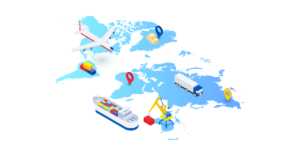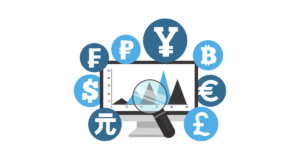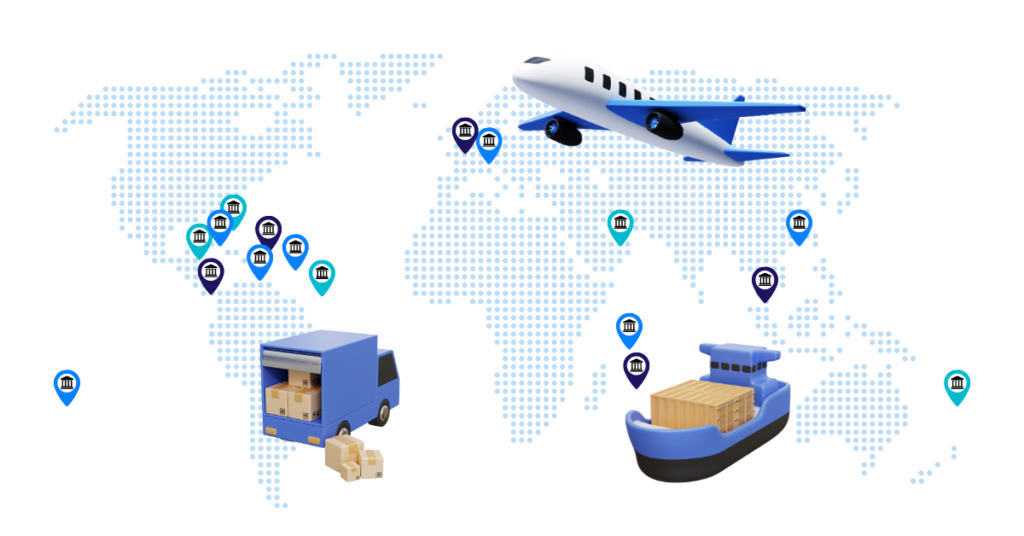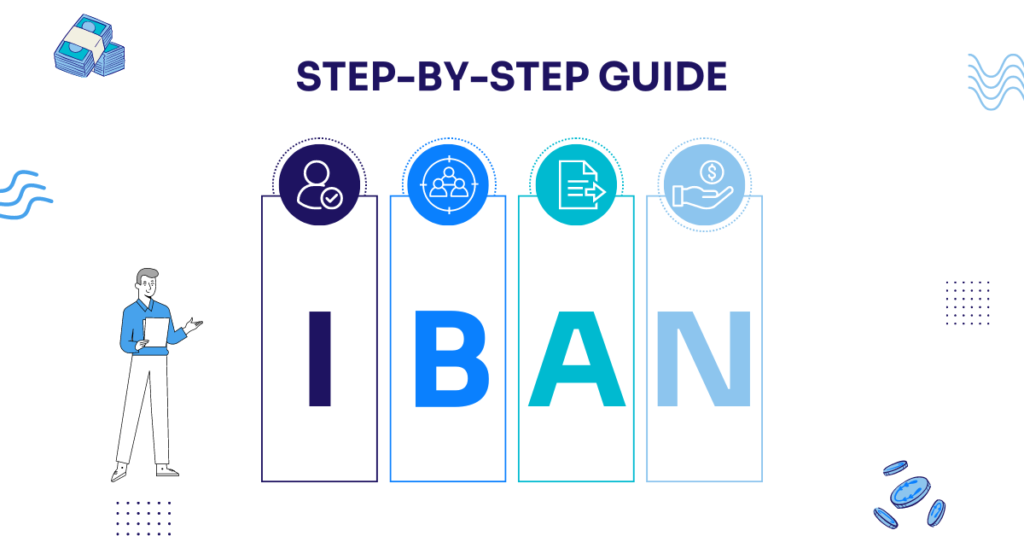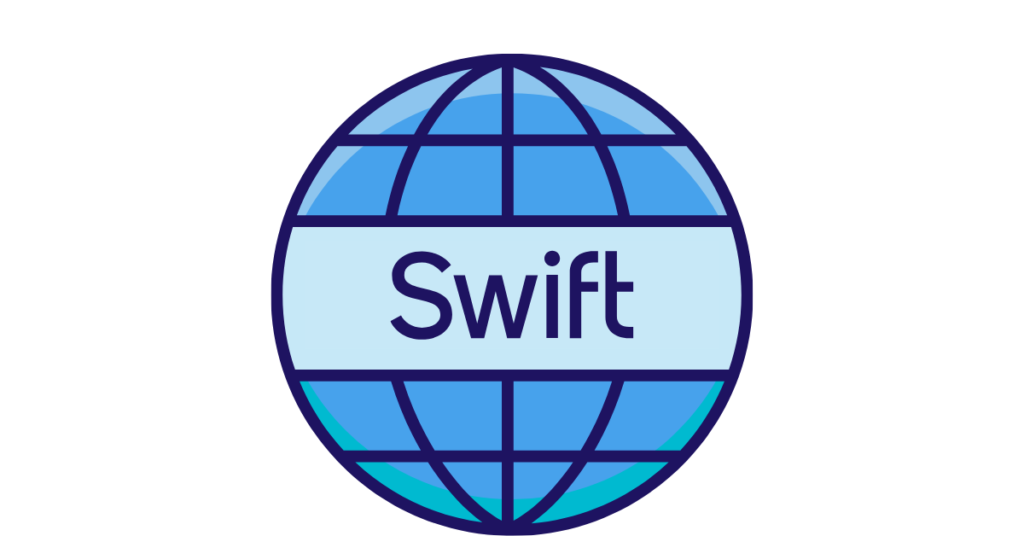The Key to Global Growth
The world is more connected than ever, and businesses have the opportunity to tap into markets that were previously out of reach. One key consideration when expanding into new markets is the management of multiple currencies. This is where multi-currency accounts come into play, acting as a powerful financial tool that can ease cross-border transactions and empower businesses to operate seamlessly in multiple countries.
Let’s delve into the intricacies of multi-currency accounts and how they can be a game-changer for your business’s global expansion plans.
What Is a Multi-Currency Account?
A multi-currency account allows you to hold, manage, and transact in multiple currencies within a single account. Essentially, you can have different ‘sub-accounts’ for each currency, making it easier to handle income and expenditures in those currencies. These accounts often come with features like real-time exchange rates, low conversion fees, and the ability to make instant cross-border transactions.

Advantages of Multi-Currency Accounts
In an increasingly globalised business landscape, financial agility and efficiency are more important than ever. Traditional banking structures can slow down cross-border transactions, accrue additional costs, and make accounting a cumbersome task. This is where multi-currency accounts come in as a game-changer.
Designed to overcome these challenges, these specialized accounts offer a host of advantages that can streamline your international operations:
- Simplified Accounting: Managing finances in multiple currencies often leads to a messy accounting system. A multi-currency account streamlines this process by consolidating all transactions into one account, making it easier to track income and expenses.
- Cost Efficiency: Traditional banks often charge hefty fees for currency conversion and international transactions. With a multi-currency account, you can save on these fees as you’re transacting in the local currency of the market you’re targeting.
- Speed and Convenience: Multi-currency accounts usually offer quicker transaction times, especially for cross-border payments. This efficiency can improve supplier relationships and customer satisfaction in new markets.
- Enhanced Cash Flow Management: With a clear understanding of your balances in each currency, you can make more strategic decisions regarding currency conversion and the timing of transactions, potentially taking advantage of favourable exchange rates.
- Risk Mitigation: By holding multiple currencies, you can hedge against currency volatility, safeguarding your business’s financial health.
Ways Multi-Currency Accounts Facilitate Market Expansion
As businesses look to scale beyond borders, market expansion becomes an enticing yet challenging endeavour. One of the key pillars that can significantly ease this transition is the effective management of finances—especially when dealing with multiple currencies. This is where multi-currency accounts come into play, offering a multitude of benefits that go far beyond simple currency conversion.
Understanding Local Preferences
Being able to transact in the local currency can provide valuable insights into local buying habits and preferences, which is critical when entering a new market.
Building Trust
Local customers and vendors are more likely to trust a foreign business that transacts in their currency. This trust can significantly impact your brand’s reputation in new markets.
Faster Settlements
Quick and hassle-free transactions can give you a competitive edge. Faster settlements can also lead to better working capital management.
Regulatory Compliance
Multi-currency accounts often come with features that help businesses adhere to the financial regulations of different countries, ensuring that you remain compliant as you expand.
Real-World Multi-Currency Account Applications
In a global economy, the ability to transact in multiple currencies is not just an advantage—it’s often a necessity. From e-commerce platforms to manufacturing giants, the scope and scale of operations have transcended borders, making it imperative for businesses to be adept at managing multi-currency transactions.
This need becomes even more pronounced in high-risk industries that have to navigate not just market volatility but also complex regulations, a higher potential for fraud, and often intense scrutiny from governing bodies.
By incorporating multi-currency accounts into their operations, businesses across various sectors can enjoy the advantages of streamlined financial management, lower costs, and increased speed in transactions, thus enhancing their competitiveness in the global marketplace.
In this section, we explore real-world applications of multi-currency accounts across various industries, with a special focus on those carrying higher risks. By understanding how these accounts can streamline operations and mitigate risks, companies in even the most challenging sectors can better position themselves for global success.
E-commerce Businesses
E-commerce platforms can offer their products in local currencies, creating a more localised shopping experience that is likely to attract more customers and reduce cart abandonment rates.
- Online Retailers
- Digital Marketplaces: Due to their involvement in facilitating transactions between multiple parties, they often face higher risks related to fraud.
- Subscription Box Services
- Dropshipping Businesses
- E-book Sellers
- Online Course Providers
Import/Export Companies
Such businesses can significantly benefit from multi-currency accounts, allowing them to make payments to suppliers and receive payments from customers in various currencies without incurring extra conversion fees.
- Wholesale Traders
- Export Houses
- Import Businesses
- Commodity Traders: The volatile nature of commodity prices makes this a high-risk industry.
- International Freight Forwarders: Regulatory scrutiny and the high cost of logistics can make this a higher-risk industry.
Software Companies and SaaS Providers
These businesses often have a global customer base. Multi-currency accounts allow them to receive subscription fees in local currencies, improving the customer experience.
- CRM Software Providers
- Accounting Software Companies
- Cloud Service Providers
- Cybersecurity Firms: Given the nature of the data they handle, these businesses often operate under high regulatory scrutiny and risk.
- Human Resources Software Companies
- Project Management Software Providers
Financial Institutions and Fintechs
These entities can use multi-currency accounts to offer more robust services to their customers, including forex trading, international money transfers, and currency-specific investment options.
- Banks
- Payment Gateways
- Forex Brokers: They operate in a volatile market and are often subject to complex regulations.
- Peer-to-Peer Lending Services: These services are often considered higher risk due to the chance of loan defaults.
- Investment Advisory Services: These are often considered high risk due to the potential for significant financial loss.
Nonprofits and Charitable Organisations
Accepting donations in multiple currencies can open up new avenues for fundraising and make it easier to manage international projects.
- International NGOs: These often operate in risky environments and may be subject to complex international laws.
- Wildlife Conservation Groups
- Charitable Trusts
- Community Outreach Organisations
- Research Foundations
- Religious Organisations
Supply Chain Management Companies
Managing payments to suppliers, vendors, and logistic partners across different countries becomes much easier with a multi-currency account.
- Logistics Firms
- Procurement Services
- Distribution Centers
- Supply Chain Analytics Companies
- Third-party Logistics Providers: Complexity in operations and regulation often puts these companies at higher risk.
Agricultural Sector
For businesses dealing with cross-border supply and demand for agricultural products, multi-currency accounts can significantly streamline operations.
- Agribusiness Companies
- Organic Farms
- Fisheries
- Livestock Farms: These can be high-risk due to the potential for disease outbreaks affecting livestock.
- Crop Producers
- Agricultural Equipment Suppliers
Media and Entertainment
Companies in this sector often have a global audience and revenue streams coming from different countries. A multi-currency account can simplify this aspect of the business.
- Film Production Companies
- News Outlets
- Music Labels
- Video Streaming Services
- Publishing Houses
- Game Development Studios: High development costs and a hit-or-miss market make this a riskier venture.
Legal and Consultancy Services
Firms offering their services internationally can benefit from multi-currency accounts to manage retainer fees, billing, and other financial transactions seamlessly.
- Law Firms
- Management Consulting Firms
- Audit Firms
- Tax Advisory Services
- Strategic Consultancies
- Mergers and Acquisitions Consultancies: Due to the high stakes involved, these businesses are often considered high-risk.
Healthcare Providers
Healthcare organisations that provide services to international patients can manage payments more efficiently through a multi-currency account.
- Hospitals
- Telemedicine Services
- Pharmaceutical Companies: The cost of drug development and the potential for legal liabilities make this a high-risk industry.
- Medical Equipment Suppliers
- Home Health Care Services
- Rehabilitation Centers
Education Providers
Universities and online education platforms that attract international students can accept tuition and other fees in multiple currencies.
- Universities
- Online Course Platforms
- Language Schools
- Coding Bootcamps
- Tutoring Services
- Professional Certification Providers
Real Estate Companies
Investing or operating in international properties often involves transactions in different currencies. A multi-currency account makes this process easier and more cost-effective.
- Property Management Firms
- Real Estate Developers
- Real Estate Investment Trusts
- Vacation Rental Companies
- Commercial Leasing Agencies
Digital Agencies
Agencies working with clients globally can simplify the accounting and payment processes by managing multiple currencies in a single account.
- Web Development Firms
- Digital Marketing Agencies
- SEO Consultancies
- Social Media Marketing Firms
- Content Marketing Agencies
Travel Companies
For businesses in the travel industry, multi-currency accounts make it simpler to manage revenues from different markets, deal with suppliers worldwide, and even pay staff based in various countries.
- Tour Operators
- Travel Agencies
- Hotel Chains
- Car Rental Companies
- Cruise Lines
Manufacturers
For companies that source materials from various countries or sell products internationally, a multi-currency account can help in making quick payments and receiving money without worrying about exchange rates.
- Electronics Manufacturers
- Textile Factories
- Automotive Manufacturers
- Food and Beverage Producers
- Furniture Manufacturers
- Pharmaceutical Companies
Retail Chains
For retail businesses with a global presence or those looking to expand internationally, managing funds in different currencies is a breeze with multi-currency accounts.
- Supermarkets
- Clothing Retailers
- Home Goods Stores
- Specialty Stores
- Convenience Stores
- Department Stores
By incorporating multi-currency accounts into their operations, businesses across various sectors can enjoy the advantages of streamlined financial management, lower costs, and increased speed in transactions, thus enhancing their competitiveness in the global marketplace.
Pave the Way for Global Success
In the era of globalisation, multi-currency accounts are no longer a luxury but a necessity for businesses looking to expand into new markets. They simplify accounting, save costs, speed up transactions, and even mitigate risks associated with currency fluctuation. By adopting this financial tool, businesses can focus more on their core operations and strategic market expansion, rather than getting entangled in the complexities of global transactions.
At Capitalixe, we understand that each business is unique, especially when it comes to financial needs and global transaction complexities. That’s why we go beyond a one-size-fits-all approach to connect you with financial institutions that offer multi-currency account solutions tailored to your business.
Get in touch to learn how we can help you simplify your global expansion journey!



